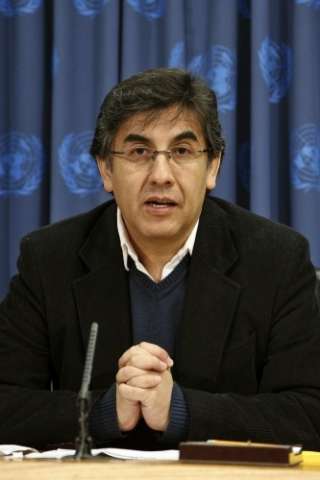from The Nation
Social scientists need to realise that dialogue is needed not just among humans but also with nature and the environment, an international seminar was told yesterday.
The seminar on the role of social science was organised by Chulalongkorn University’s political science faculty.
“Social scientists have always been asked to tell the truth to those in power. But social science that is critical to the public needs to be developed outside the university,” said Abdul Rahman Embong, a sociologist from the National University of Malaysia.
However, he acknowledged that educational institutions were now more obsessed with gaining a higher ranking than with being reflective and critical, especially since they know that commitment to social science can help prevent socio-economic problems.
Pablo Solon, a sociologist and now director of Bangkok-based Focus on the Global South, said people needed to release that society was not just a relationship between humans but also one with nature.
“We cannot solve this problem unless we change this perception and develop a more systemic approach to reality. We have to have a dialogue with nature. Sociology needs a revolution.” He added that this included rethinking the concept of development.
“We cannot grow forever. It’s important to have harmony, balance between humans and nature,” he said.
Another big challenge, Solon said, was the commodificaton of everything and what social science can do about that.
Wiput Puljaroen, a former director of the Health System Research Institute, said that even indicators like the Environmental Impact Assessment had been tweaked and turned into something of a formality and passing an EIA no longer means that a project is necessarily environmentally sound.
He cited Map Ta Phut, where operations at 70 factories had been suspended long enough for them to pass the EIA.
“They manipulated it,” Wiput claimed.
Michael Burawoy, president of the International Sociological Association and a professor at the University of California, Berkeley, said there was a fight for power at each forum and sphere of knowledge, though he believed there would be a symmetrical dialogue among various groups.
He said sociologists were duty-bound to link personal troubles to public issues and help people understand the larger context in society.




![[Statement] SAPA: Why a Fourth Pillar on the Environment?](https://focusweb.org/wp-content/themes/Extra/images/post-format-thumb-text.svg)




